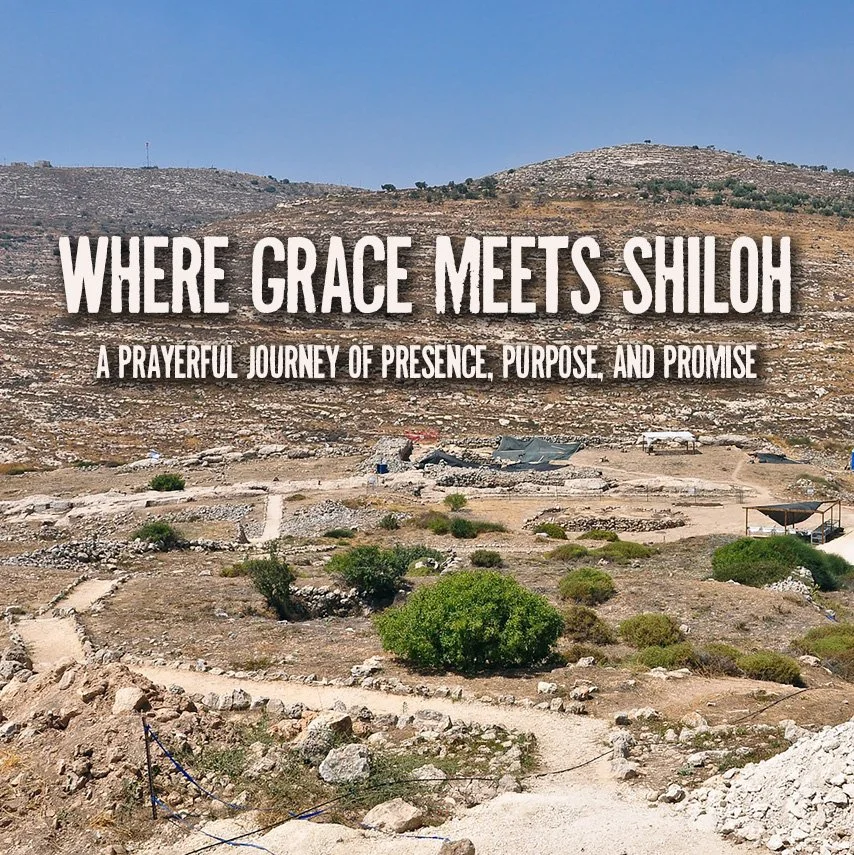Getting Ahead of God
Between the Waters: Part 5
October 12, 2025
The Lord said to Moses, “Go and leave this place, you and the people whom you brought up out of the land of Egypt. Go to the land I promised to Abraham, Isaac, and Jacob when I said, ‘I’ll give it to your descendants.’ I’ll send a messenger before you. I’ll drive out the Canaanites, the Amorites, the Hittites, the Perizzites, the Hivites, and the Jebusites. Go to this land full of milk and honey. But I won’t go up with you because I would end up destroying you along the way since you are a stubborn people.”
~ Exodus 33:1-3 (CEB
_______________
God is everywhere. God is with us.
These are truths we so often take for granted, even if we don’t always feel them. But what if that weren’t so? What if God stepped away and left us entirely to our own devices?
That’s the situation the Israelites faced, and at the worst possible time. God had led them out of slavery in Egypt, brought them to Mt. Sinai, given them the law, and made a covenant with them to be their God in the promised land of Canaan.
Yet no matter how much God provided for them in the wilderness, they kept turning back. The voices of the “Back to Egypt” committee were often louder than the voices calling them forward in faith. So loud, in fact, that they made idols in the form of other gods, golden calves, and credited them for their salvation. Why? Because unlike Yahweh, these were gods that they could see and control.
By bowing to the gods of their own making, they broke covenant with Yahweh before the journey had even begun. God was angry. So angry, in fact, that God told Moses, “I will not go with you.”
Even then, God still promises to prepare the land for them. The blessings would remain, even if God’s presence did not. To some, that might sound like a dream come true. We get all the blessings with none of the responsibility. We can make all the idols we want and still have the land that was promised. We can do whatever is right in our own eyes.
But this is not how the people respond.
They panic. How will they survive in this unknown land without the God who carried them this far? Perhaps they are starting to realize that God is their blessing, not just the land.
They are quick to repent, at least for now. Moses pleads with God on their behalf and eventually God relents and goes with them. God’s goodness prevails.
Sadly, this will not be the last time they turn away, despite God’s mercy. Again and again, the people will do what is right in their own eyes. Eventually their descendants will lose the land that was promised because of their stubborn rebellion. People just don’t seem to change much.
But here’s the good news: even when we are unfaithful, God remains faithful. It is not an excuse or a license to go our own way. There are always consequences to our choices. But we are reminded that in the end, God will not leave or forsake us. The real question is, will we leave or forsake our God?
When have you been tempted to settle for the “benefits” of faith without the presence of God?





